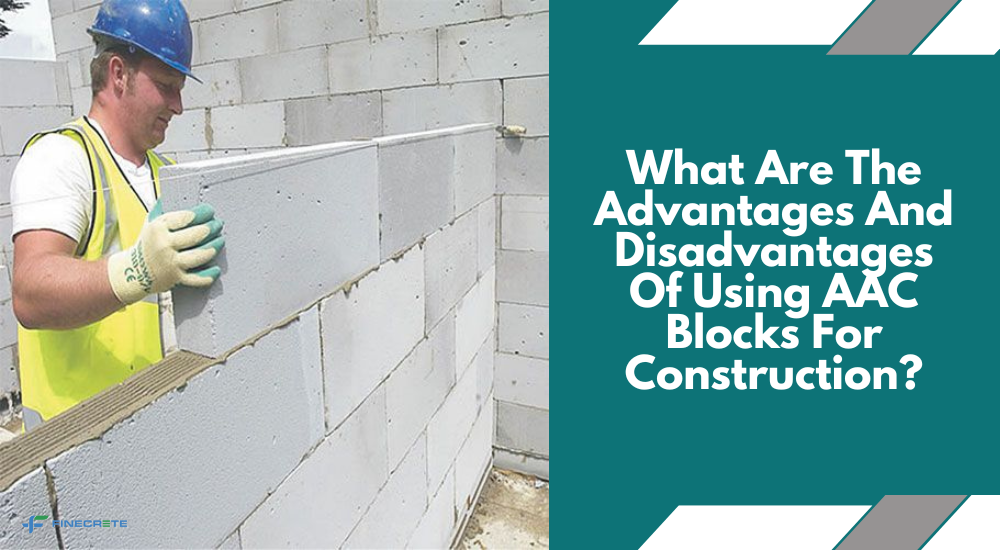AAC blocks are a type of concrete block that is commonly used in building construction. These blocks are manufactured using high-quality materials and have been proven to last longer than traditional concrete blocks. AAC blocks are often used in commercial buildings, warehouses, and industrial facilities, and have to be sourced from top AAC block suppliers in Haryana.
Advantages of AAC Blocks:
- The main advantages of AAC blocks include their durability, ease of use, and affordability.
- AAC blocks are generally stronger than conventional concrete blocks and can withstand extreme temperatures without cracking.
- They are also easier to install than traditional concrete blocks since they do not require mortar between each block.
- Thermal efficiency is one of the biggest benefits of AAC blocks. They lessen the need for heating and cooling while keeping the house comfortable year-round.
- The blocks are more fire-resistant than standard blocks.
- The weight of these blocks is up to three times less than that of conventional clay or cement blocks.
- Compared to clay bricks, individual blocks are significantly larger. As a result, the structure is finished sooner.
- AAC bricks are environmentally friendly because no toxic materials were used in their production. Additionally, the production process results in 30% less solid waste production and 50% less greenhouse gas emissions.
- The cost of AAC blocks is less expensive than using burnt clay bricks for large constructions. AAC blocks are also less in cost than traditional concrete blocks, when sourced from esteemed AAC block manufacturers in Haryana. When you factor in transportation costs and labor costs for loading and unloading blocks, you will find that you have to spend less on the AAC block prices because these blocks are lightweight.
- AAC blocks’ porous material aids in absorbing moisture naturally, reducing the amount of humidity, moisture and mildew inside the house.
- AAC blocks may require more trimming and cutting than conventional blocks. However, AAC blocks are more accurate. These require no trimming because they are the ideal size.
- Made of breathable, porous materials, these blocks hold up well over time and are not greatly impacted by climatic changes.
Disadvantages of AAC Blocks:
- AAC blocks also have some drawbacks, which include the fact that they are heavier than traditional concrete blocks and may not be suitable for some applications.
- AAC blocks are also difficult to cut and shape due to their density.
Conclusion:
Consider the use of AAC blocks partially or fully for the purpose of construction if you are currently building your home or a business setup. These blocks are a fantastic option for creating long-lasting structures because of their many benefits. The insulation that these blocks offer is a huge benefit for Indian homeowners. AAC block prices can initially appear to be on the expensive side. However, keep in mind that such kinds of blocks are very big in size, so you will require a lot fewer than you would for conventional brick blocks. Such blocks also end up saving you a lot of money if you are a builder erecting a high-rise building. Before making a decision, compare these to conventional blocks and consult your builder.






